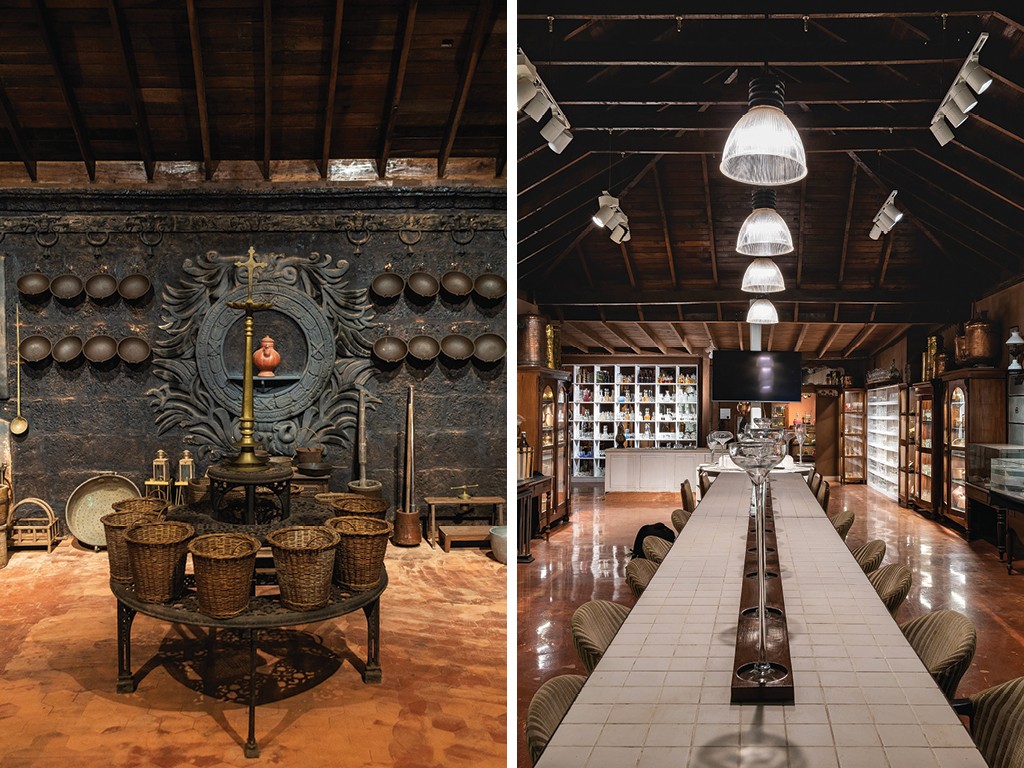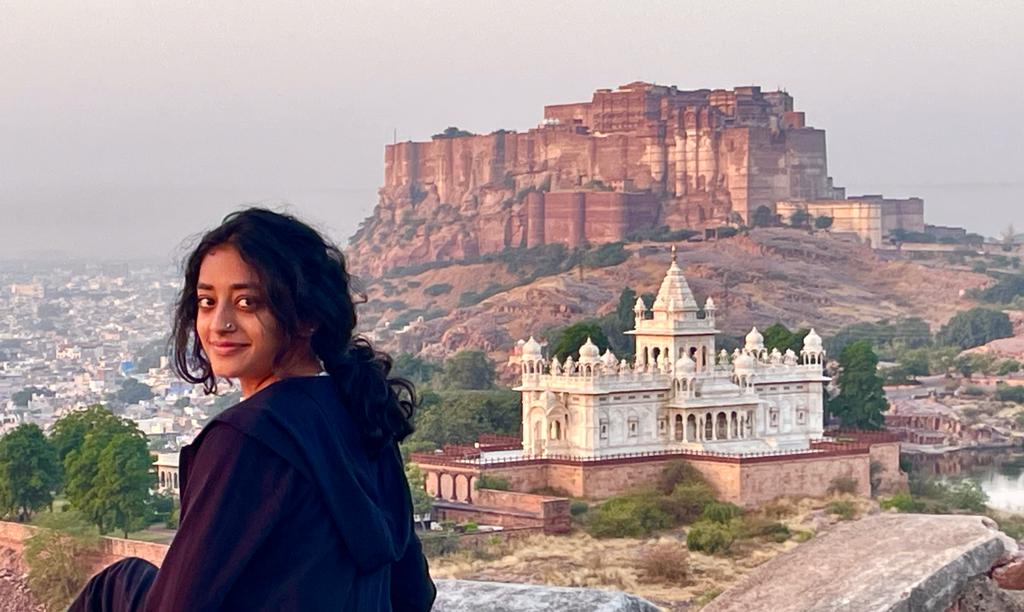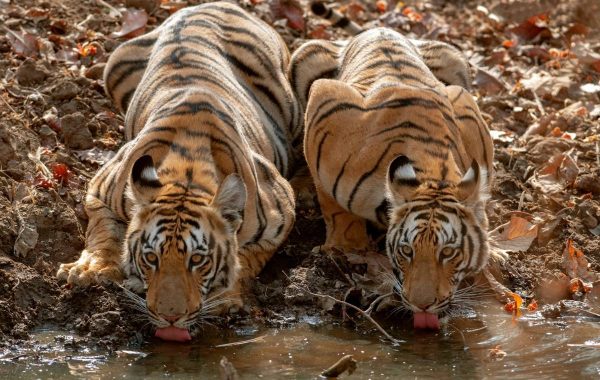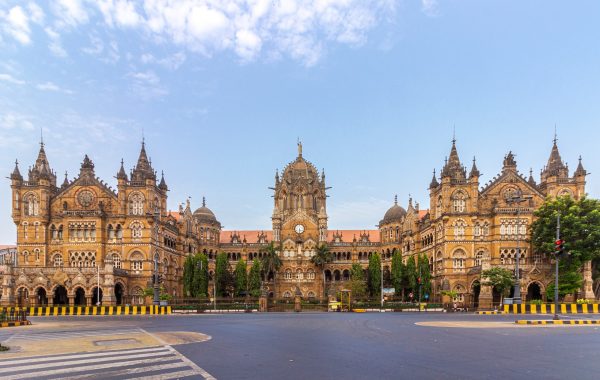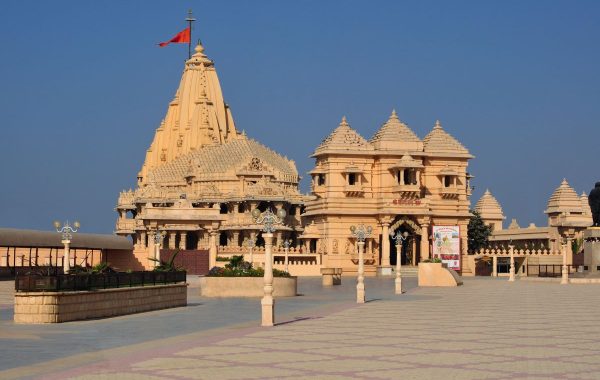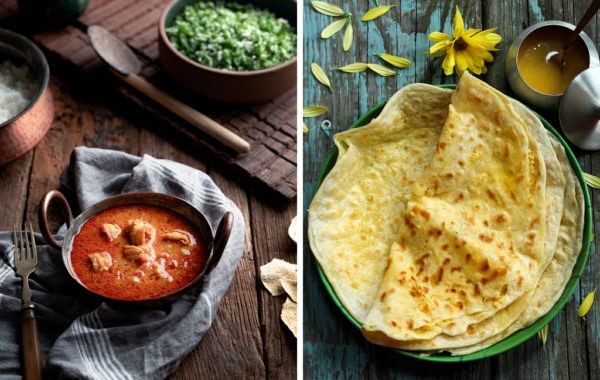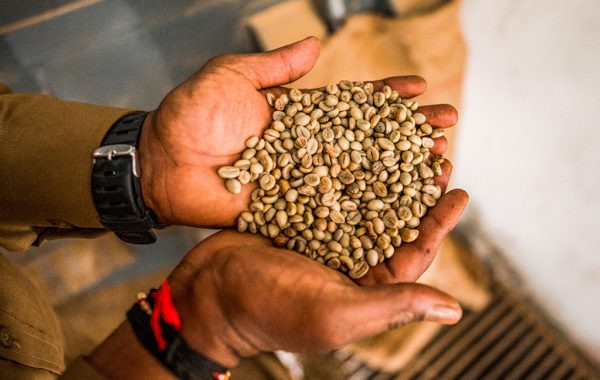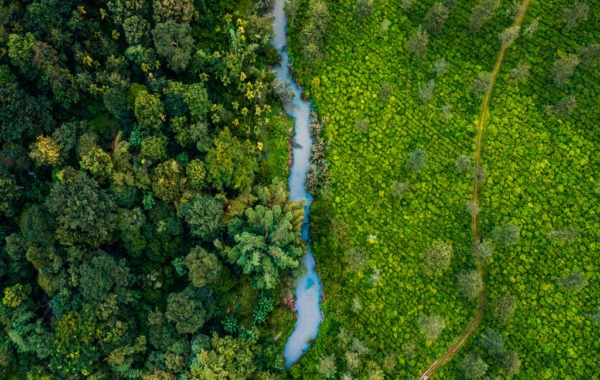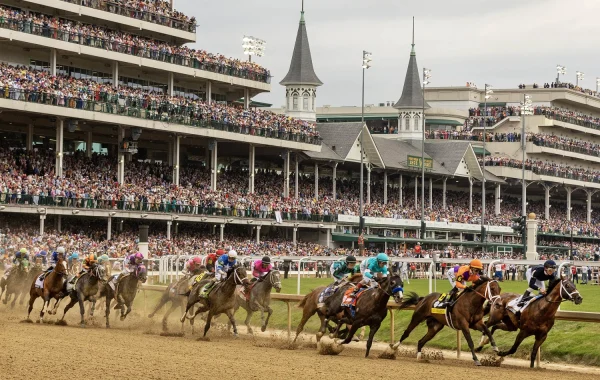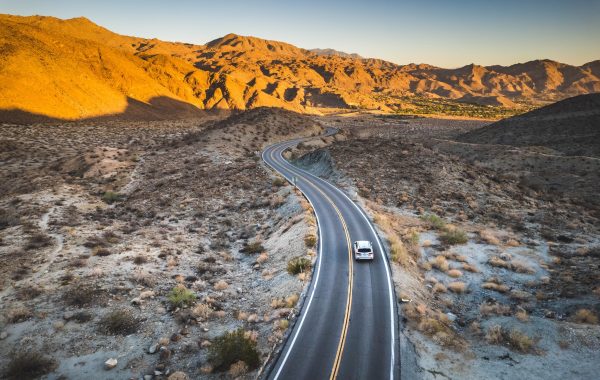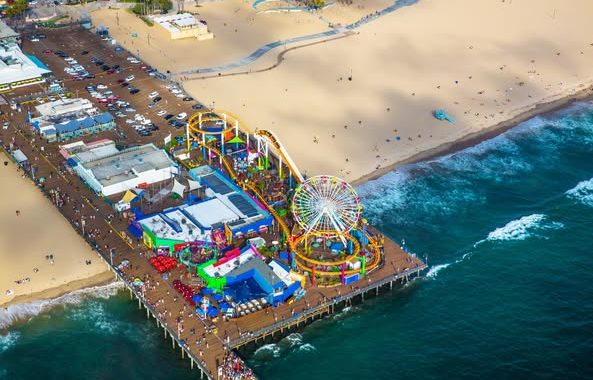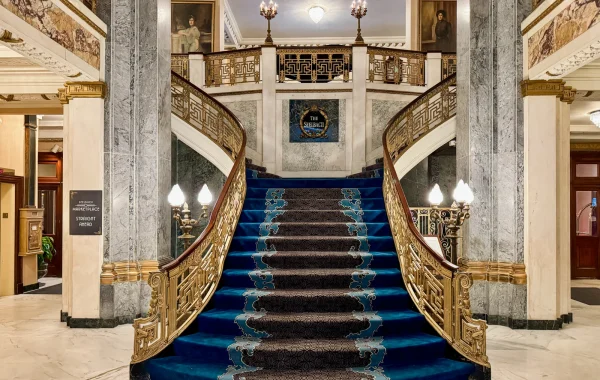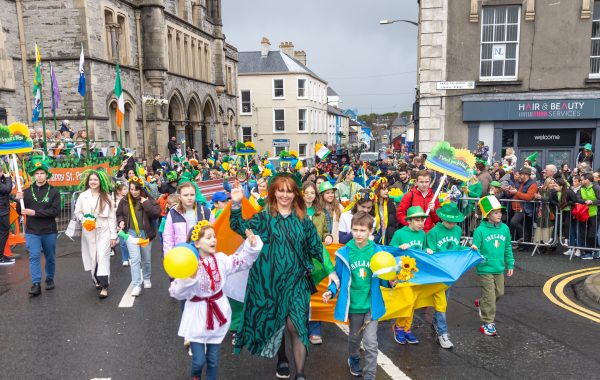Chuckles, trivia and heritage mingle at India’s first alcohol-themed museum, which toasts the grandeur of tipple.
“The Portuguese came, they saw, they conquered. They overstayed till the time and the tide and the breeze blew beyond the sails, but they did leave behind a legacy. It is the Latinity that makes Goa different from the rest of the country. The merger was an explosion of the east and west and we sit in its cultural heart.” I am beyond stunned at my first interaction with Armando Duarte, the CEO and curator of All About Alcohol—India’s first museum dedicated to alcohol.
Must Read: 7 Must-Visit UNESCO World Heritage Sites in Goa for History Lovers
At 8 p.m., I was squeezed in for the last tour of the museum, which to my fortune became a private hosting. At first glance, I am greeted by a collection of giant cocktail glasses on the centre table, walls ornate with pastel drawers and lamps that have witnessed 150 years of friendships, marriages, birthdays and breakups. On either side, wooden tables display antique glassware, colonial alcohol paraphernalia—cart-shaped shot dispensers, oak barrels and a grav to measure feni’s potency—and manufacturing and distilling equipment that reminds one of Dexter’s Laboratory. It is hard to believe that Nandan Kudchadkar’s extensive collection of artefacts, from empty bottles to mini carriages assembled over 30 years, came alive in under a month across 13,000 square feet.
But the museum, which has been set to pay homage to Goa’s heritage drink, feni, is more than just a display of artefacts. It is a sanctum of storytelling. “Just like us primates who woo, birds and insects fall into this trap naturally… like a chimpanzee who barges into a bush of flowers, gets intoxicated, goes wonky-tonky, picks up a female, and says, ‘Come on, we’re leaving for the party now.’” This isn’t a mere punchline built for a chuckle—this is Armando’s analogy of natural fermentation that lures one into a grassy dreamland.
Also Read: 12 Food Souvenirs To Bring Back From Panaji, Goa
Divided into five sections, three rooms exclusively hold Nandan Kudchadkar’s personal collection of artefacts, now being streamlined to create a walk-in encyclopedia of alcohol. The second section flaunts a chic bar, displaying a selection of barware, from cocktail, whisky and beer glasses to flutes, chalices and brandy snifters, to acquaint visitors with their elegance and function.
A quick pub quiz and an engaging trivia session later, I move to see the world’s tallest shot glass—from Poland, a 16th-century crystal Austrian beer horn—and handcrafted sacramental wine glasses of crystal that give out the most melodious ring when clinked. In the mud room lie vintage hoards of a thousand mouth-blown bottles (each no more than 750ml to fit the lung capacity of the most robust glassmakers), pumpkin pots, kodem, stoves, grinders and spoons, reflecting Goan heritage, culture, lifestyle, and the collector’s artistic passions. Outside rests an old-styled pit, where cashew apples were stomped on traditionally, showcasing the extraction process of kaju feni. In the final section, lies a functional feni cellar with earthen pots and hand-blown garrafōes fermenting Nandan Kudchadkar’s familial produce from Neturlim, cooled with overnight sprinklers and served in the old-style tavern for a final tasting, where you’re taught to examine the spirit for clarity, smell and taste.
The consumption of alcohol in Goa was a symbol of hospitality. Not to get colourfully drunk, I’m told. Perhaps feni as an indulgence came later, for it was revered as a dukshiri, a pain reliever first—cumin infusion for upset stomach, ginger for sore throat, garlic for the aging heart and on the rocks for a broken one.
At the end of the tour, I am seated in an old-style tavern, with bottles dating back to 1946, in front of four shot glasses—Love, Passion, Karma and clear feni to pair with citric fruits and pickles. LPK, an acronym of sentimental value to Kudchadkar, is a set of feni cocktails crafted over six months by one mad mixologist and a self-proclaimed drunk man. Earthy flavours of curry leaves with a boozy sol kadhi make Love. Passion is floral but fiery with tabasco and Karma is bittersweet with pungent mustard. The three concotions are followed by downing 30ml of liquid gold. To my surprise, the drink infamous for its potency leaves no aftertaste—a hallmark of good feni.
At AAA, cocktail conversations are encouraged, the sepia-toned romanticism of Panjim’s lanes glisten and evening susegad is enjoyed with a dollop of fierce passion for Goan culture, brought by Kudchadkar and Duarte, the collector and curator. The motive behind the grand set-up is simple—“when they’re going out, they must have a smile on their face.”
For latest travel news and updates, food and drink journeys, restaurant features, and more, like us on Facebook or follow us on Instagram. Read more on Travel and Food Network
Trending on TFN
A Spanish Odyssey: Trafalgar’s Unparalleled Best of Spain Itinerary
Imperial Splendors: Trafalgar’s 10-Day Sojourn in Prague, Vienna, and Budapest


